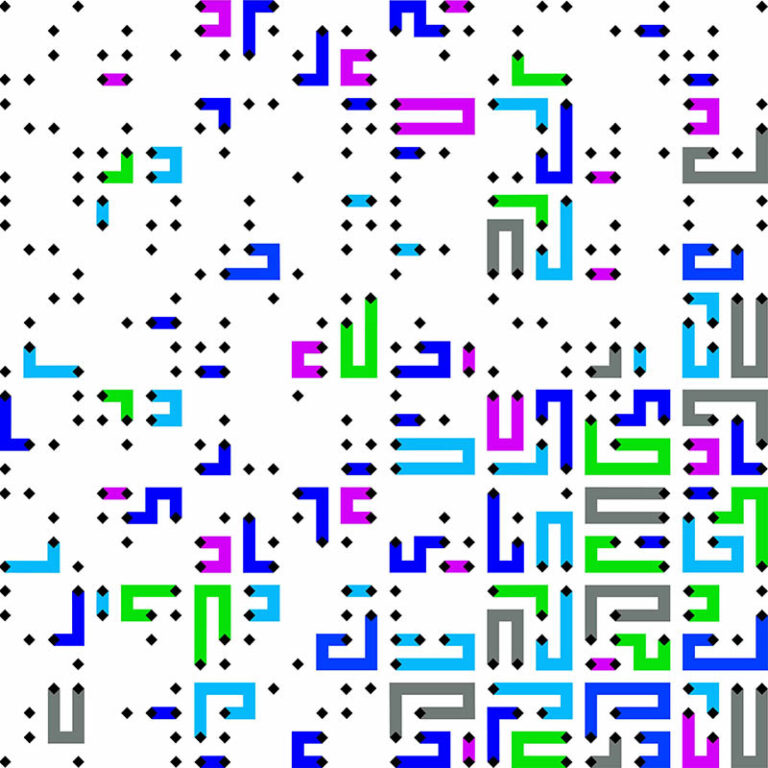Ciclo Webinars 33 Grados Sur | ARTIFICIAL: Mitos & realidad
RESUMEN Con el objetivo de impulsar la utilización de nuevas tecnologías disruptivas, tales como la Inteligencia Artificial (IA), Ciberseguridad y nuevas plataformas de software para retailers, 33 Grados Sur -empresa experta en tecnología para retail- junto al apoyo de ProChile y la Asociación de Empresas Chilenas de Tecnología CHILETEC, desarrollarán un ciclo de webinars, donde reconocidos speakers expondrán a…








